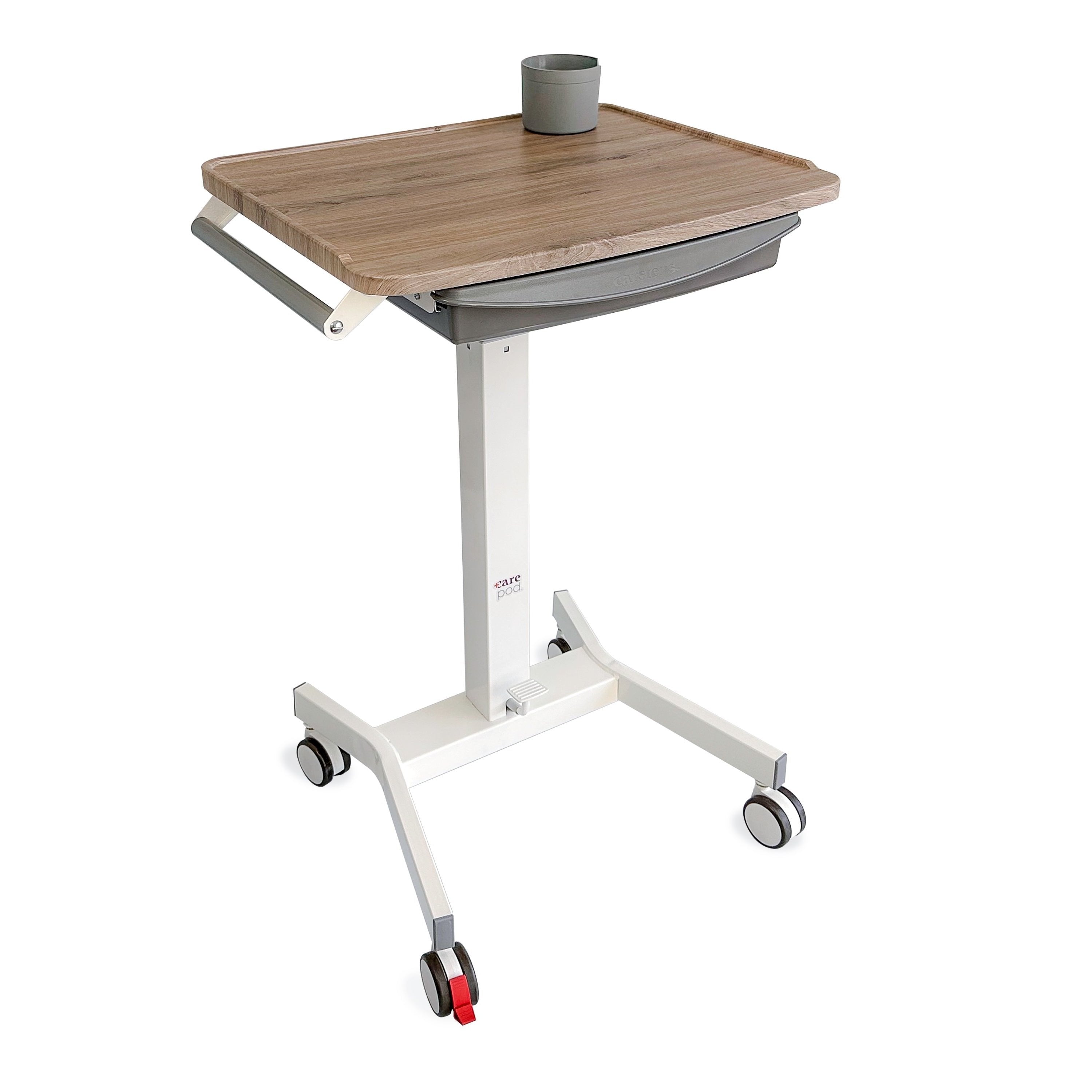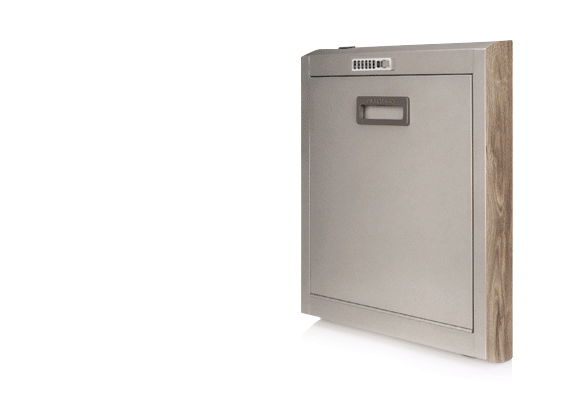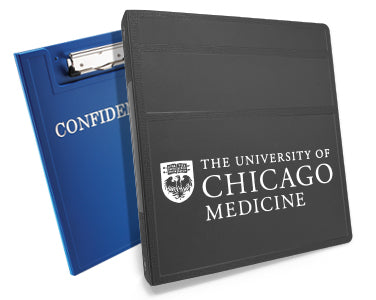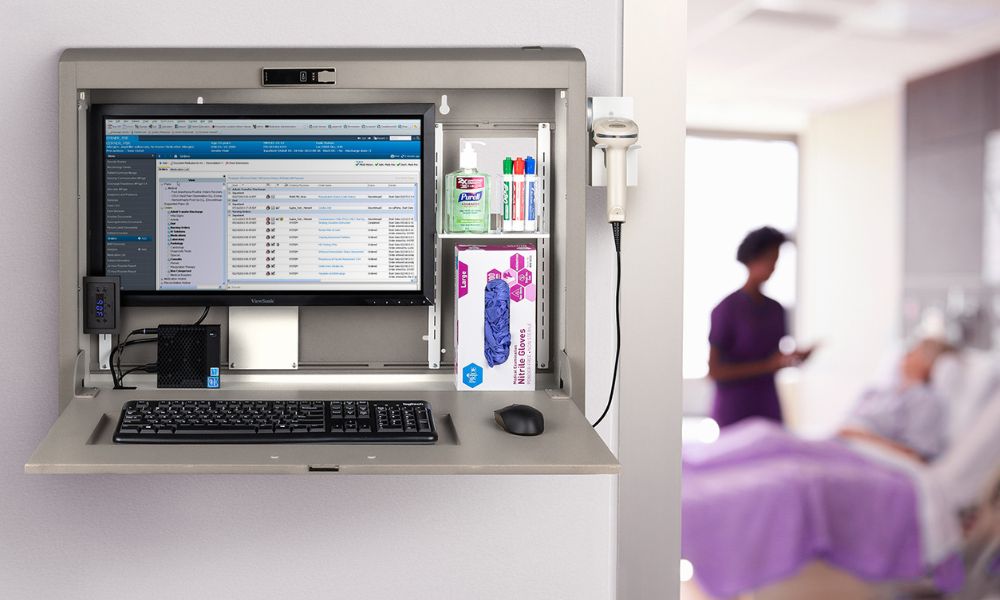Trust is necessary for healthcare to be successful and effective. Learn more about the importance of patient confidentiality and how establishing solid transparency between clients can create a better medical environment.
A Legal Obligation
Many people are familiar with the Health Insurance Portability and Accountability Act, or HIPAA, which protects patient confidentiality regarding the movement of physical and electronic sensitive information. Passed in 1997, HIPAA sets clear national standards for medical healthcare facilities to follow, albeit with certain exceptions. For example, the regulations do not consider all uses of personal health information to be breaches, and certain state laws are actually stricter than HIPAA regulations. Ultimately, medical professionals must recognize the legal obligation to protect and enforce patient confidentiality.
Building Trust Between Professionals & Patients
Doctor-patient confidentiality is a practice much older than the rules and regulations of HIPAA. In fact, medical professionals have encouraged increased confidentiality regarding patient information for hundreds of years! This is because patient confidentiality builds better trust between an individual and their medical provider. Patients are less likely to share key medical information without trust, often out of fear and embarrassment. As a result, the level of care the patient receives is significantly lessened. Maintaining patient confidentiality enhances healthcare quality and makes medical professionals' jobs far easier and more successful.
Enforcing Proper Patient Confidentiality
So, what are effective ways to ensure proper patient confidentiality throughout your medical practice? First and foremost, all medical staff must be familiar with the rules and regulations of HIPAA and relevant state or facility standards. Furthermore, consistently reinforce the importance of patient confidentiality to your employees, including through regular education and training mediums.
Over time, these actions foster the ideal culture for patient confidentiality enforcement. Additionally, consider investing in higher-quality document storage equipment to protect sensitive information better. High-quality storage carts and medical chart binders can tremendously enhance patient data's privacy and security. If you're very nervous about a potential confidentially breach, hire a risk assessment auditor to determine your practice's current state of affairs. Furthermore, physical records prevent your clinic from succumbing to an EHR data breach.
Understanding the importance of patient confidentiality ensures a more successful and productive medical environment for patients and staff alike. Encourage your patients to share more vital information by providing a safe and trustworthy space.






